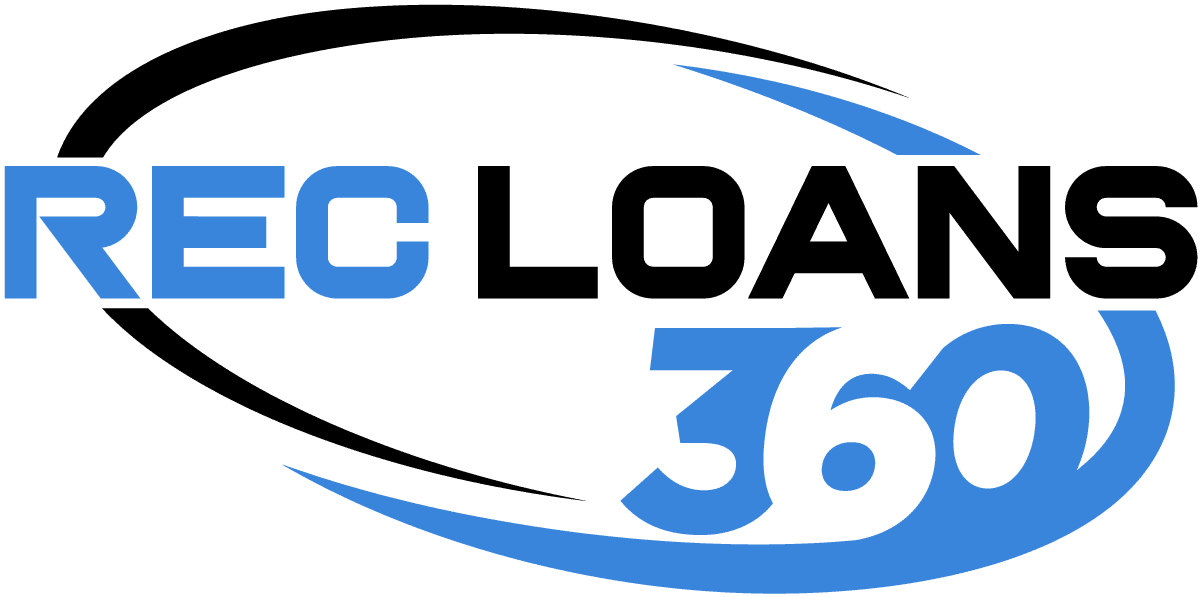Ahoy, fellow adventure seekers and water enthusiasts!
Today, we’re embarking on a journey through the exciting world of boat financing. Whether you’re dreaming of sailing the open seas, exploring tranquil lakes or fishing in style, owning a boat is a rewarding experience.
However, it’s essential to navigate these financial waters with care. Before setting sail on your boat-buying adventure, it’s crucial to determine how much you can afford when taking out a boat loan. This initial step sets the tone for a successful and enjoyable experience as a boat owner.
Let’s look at the intricacies of creating a realistic budget that encompasses not only the boat’s purchase price but also factors in insurance, maintenance, and other ongoing expenses. Crafting such a budget will not only help you stay within your financial comfort zone but also ensure that your boating dreams don’t turn into a financial nightmare.
Understanding the Upfront Costs
The first aspect of budgeting for your boat purchase is understanding the upfront costs involved. The boat’s cost itself is the most substantial expense in this category.
Boat prices vary significantly depending on type, size and brand of the boat. You’ll need to do your research to determine the average cost of the type of boat you desire. Whether you’re looking for a sleek sailboat, a powerful motor yacht or a humble fishing boat, prices can range from a few thousand dollars to several million.
Consider other initial expenses — taxes, registration fees, upgrades and customizations — to make sure the boat fits your needs and preferences. These upfront costs can quickly add up, so it’s crucial to have a clear understanding of what you’re getting into from the start.
The Importance of Insurance
Once you’ve decided on your dream boat, the next step is to account for insurance costs. Boat insurance is a critical component of responsible boat ownership, and a requirement in most places. The cost of insurance can vary widely based on several factors that include the type and size of the boat, your location, your boating experience and the coverage options you choose.
Insuring your new or used boat can cost between $200 and $2,500 per year.
Insurance offers protection in the event of accidents, damage, theft, or liability claims. It’s not an expense you can afford to skip, as the potential financial consequences of an uninsured incident can be catastrophic. When budgeting for boat insurance, it’s advisable to obtain quotes from multiple insurance providers to find the best coverage at a competitive rate.
Maintenance and Ongoing Expenses
Beyond that initial purchase and the insurance costs, maintaining a boat can be an ongoing financial commitment. Maintenance expenses can include routine tasks like cleaning, engine servicing, hull inspections and antifouling treatments. These costs are necessary to keep your boat in good working condition and ensure your safety on the water.
You’ll also need to budget for fuel, docking or storage fees, and any permits or licenses you need for your boating activities.
These expenses depend on how often you use your boat and the type of boating you engage in. For example, someone who enjoys frequent weekend cruises will have higher fuel and docking costs compared to a seasonal sailor, while a fishing enthusiast may face any number of additional local fees when out and about.
Planning for Unforeseen Expenses
In boating, it’s essential to expect the unexpected. Mechanical breakdowns, unforeseen repairs, and emergencies can happen — and they often come with a hefty price tag. As part of your budget, it’s wise to set aside a contingency fund for these unforeseen expenses. This cushion can help you weather unexpected financial storms without derailing your boating plans.
Balancing Your Budget
Now that we’ve looked at the various elements that should be included in your budgeting, let’s talk about how to balance it all. A boat budget isn’t just about adding up the costs; you also should make sure to protect your financial well-being.
Assess Your Financial Situation
Take a close look at your current financial situation. Determine how much you can comfortably allocate to your boat budget without jeopardizing your other financial goals and commitments.
Set Priorities
Consider your reasons for wanting a boat. Is it a passion for sailing in Texas waters, a love of fishing, or simply a desire for leisurely cruises? Understanding your priorities will help you make informed decisions about the type of boat you need and the costs that will come with it.
Create a Comprehensive Budget
A budget should include all the expenses above, from the initial purchase to the insurance, maintenance and ongoing costs. Be thorough in your calculations — leave no stone unturned.
Shop Within Your Budget
Once you have a clear budget in mind, stick to it when you’re boat shopping and working with a team like us to help find the perfect boat loan for your buck. It’s easy for anybody to get swept up in the process and exceed their budget, but doing so will lead to financial stress down the road.
Regularly Review and Adjust
Your financial circumstances may change over time, so it’s essential to periodically review and adjust your boat budget accordingly. This flexibility ensures your boating adventures remain sustainable.
Remember: open water awaits, but a solid budget will keep your boat and your finances afloat.
Let Rec Loans 360 Guide Your Finance Journey
By carefully considering your options and setting a course for financial success, you can set sail with confidence and embark on unforgettable adventures. Whether you’re captaining a yacht, sailing a catamaran or casting your line from a bass boat, the thrill of boat ownership awaits.
Contact Rec Loans 360 for all your boat and RV financing needs. We’ll find a great financing partner for you to get out there on the open water as fast as possible. And from all of us at Rec Loans 360: Bon voyage!


